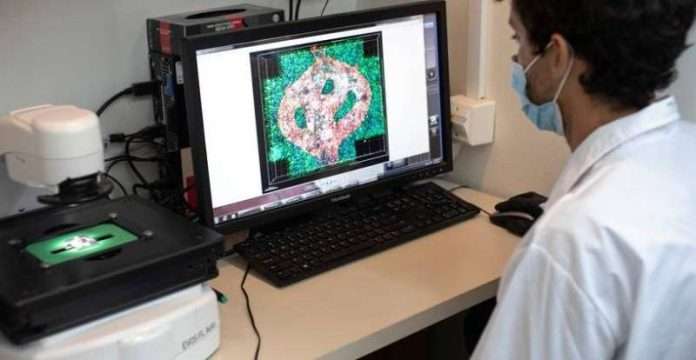A groundbreaking study published in the New England Journal of Medicine has revealed significant progress in the treatment of malignant brain tumors that have exhibited poor prognosis and high rates of disability and premature death. The study highlights the effectiveness of an experimental oral drug, vorasidenib, developed by Servier Pharmaceuticals, in delaying the growth of a specific type of brain tumor known as second-degree gliomas, reports Al-Rai Daily.
The research demonstrated a remarkable improvement in the condition of patients who received vorasidenib after undergoing surgery but before starting chemotherapy or radiation. Compared to patients who did not receive the drug, those taking vorasidenib experienced a more than twofold increase in the delay of cancer cell development and growth.
By delaying tumor growth, the drug also extended the period before patients, who are often young adults in relatively good health, needed to commence chemotherapy and radiation treatments. This potentially mitigates cognitive decline, memory loss, and other side effects associated with metastatic brain cancer.
Vorasidenib functions as an inhibitor of two enzymes, IDH1 and IDH2, which are particularly active in mutant IDH gliomas. The drug demonstrates the ability to penetrate the tumor site through the blood-brain barrier, overcoming a significant challenge in treating brain tumors.
Gliomas are the most common malignant primary brain tumors in adults and are categorized into distinct subtypes and grades based on histological and molecular characteristics by the World Health Organization (WHO). The study revealed that IDH1 and IDH2 enzymes are present in nearly all metastatic grade II gliomas in adults.
The trial included 331 patients with mutated grade II glioma who had residual tumor tissue or experienced tumor recurrence following surgery. Participants from 77 healthcare centers across ten countries were involved, with approximately half receiving vorasidenib and the other half receiving a placebo.
The results demonstrated that patients treated with the experimental drug experienced an average cancer-free survival period of approximately 28 months, in contrast to just 11 months for those who received the placebo. Furthermore, the probability of not requiring additional treatment within two years was approximately 83 percent for patients taking vorasidenib, while only 27 percent of those on the placebo achieved the same outcome.

















